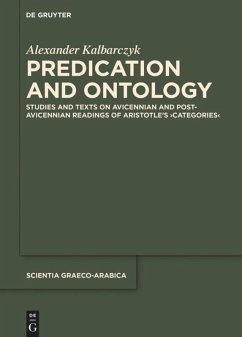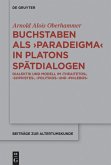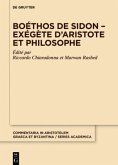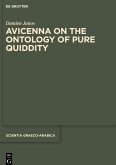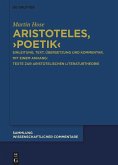In Predication and Ontology A. Kalbarczyk provides the first monograph-length study of the Arabic reception of Aristotle's Categories. At the center of attention is the critical reappraisal of that treatise by Ibn Sina (d. 428 AH/1037 AD), better known in the Latin West as Avicenna. Ibn Sina's reading of the Categories is examined in the context of his wider project of rearranging the transmitted body of philosophical knowledge. Against the background of the late ancient commentary tradition and subsequent exegetical efforts, Ibn Sina's Kitab al-Maqulat of the Sifa is interpreted as a milestone in the gradual reshuffle of the relationship between logic proper and ontology. In order to assess the philosophical impact of this realignment, some of the subsequent developments in Ibn Sina's writings and in the emerging post-Avicennian tradition are also taken into account. The thematic focus lies on the two fundamental classification schemes which Aristotle introduces in the treatise: the fourfold division of Cat. 2 ("of a subject"/"in a subject") and the tenfold scheme of Cat. 4 (i.e., substance and the nine genera of accidents). They both pose the question of whether and how the manner in which an expression is predicated relates to extra-linguistic reality. As the study intends to show, this question is one of the driving forces of Ibn Sina's momentous reform of the Aristotelian curriculum.
This monograph has been awarded the Iran World Award for Book of the Year (2020).
This monograph has been awarded the Iran World Award for Book of the Year (2020).

